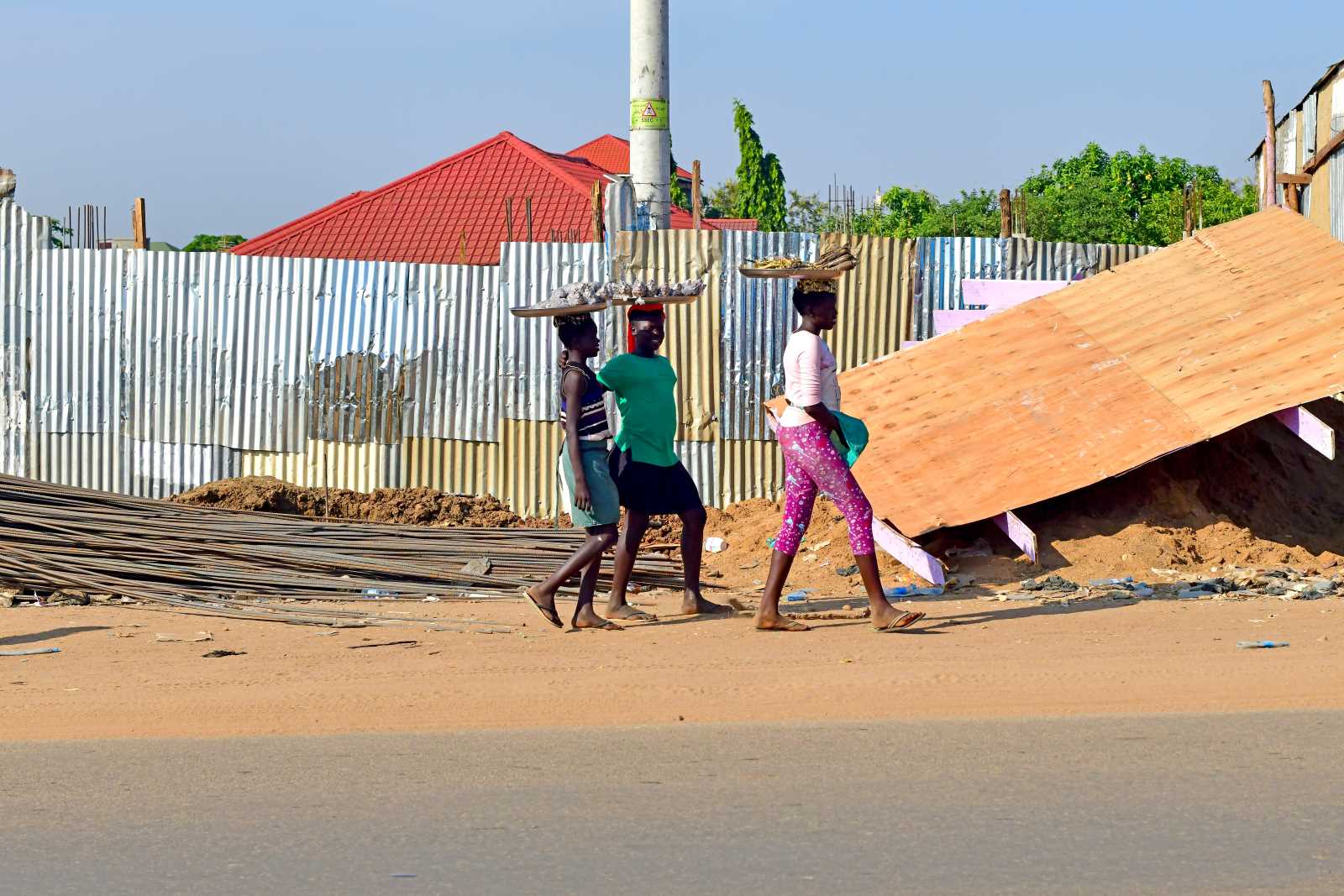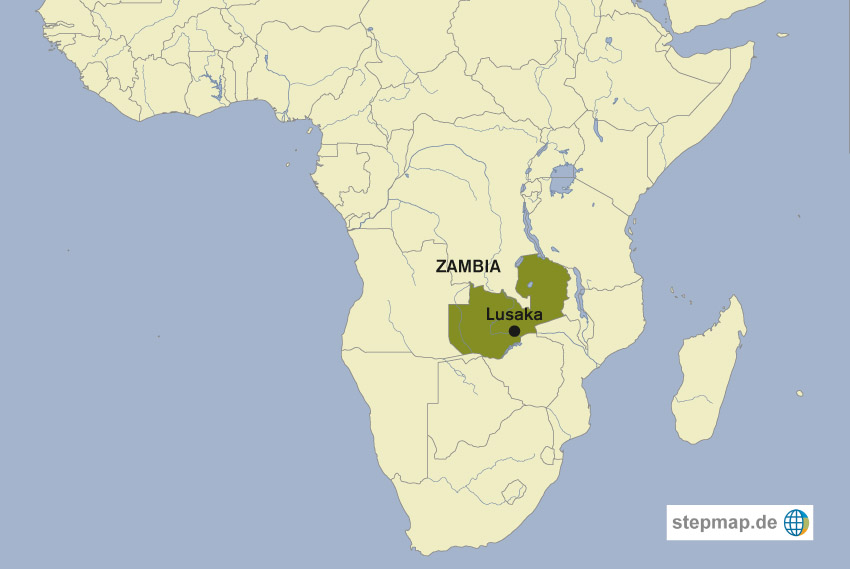Gender
Scapegoating the victims

I was fourteen years old when I and my fellow female classmates were summoned to the school for our first pregnancy tests. A week later, one of us was expelled for being pregnant. In Uganda, this is how teenage pregnancies are usually dealt with.
Sabrina Kitaka is a medical doctor who runs a clinic for adolescents at Uganda’s national referral hospital, Mulago Hospital in the capital Kampala. One of her specialties is sexual and reproductive health.
“I believe that physically checking girls for pregnancy should be the end point,” she says. “We should be looking at prevention of unwanted pregnancies instead, for instance, by informing about birth control.”
Kitaka points out that an adult who has sexual intercourse with a younger person may well be a perpetrator of violence against children: “Anyone who takes advantage of a vulnerable person commits a crime,” she explains. “So when the gatekeepers at school look for pregnancy in minors, they are scapegoating the victim.” The doctor wants perpetrators to be punished.
On the other hand, she points out that unwanted pregnancies can – and should – be prevented. Contraceptives and better access to information on sexuality would make a difference. These issues are sensitive in a conservative society like Uganda’s. Indeed, Uganda banned comprehensive sex education in 2016.
Maureen (not her real name) was a student at the Uganda Christian University when she became pregnant. The education institution suspended her for being pregnant out of wedlock. She says she sees nothing wrong with her suspension: “I knew the rules and I broke them.”
Kitaka disagrees. People should “stop pretending that sex is bad manners”, she stresses. “The same people writing those rules may be having sex in whatever capacity they want.”
Anne (not her real name) attended an elite school in Kampala where parents were required to take their daughters to a recommended clinic for a pregnancy test as part of a routine medical check-up. “This way, at least we had privacy,” Anne says.
Kitaka, however, does not appreciate this approach. She says it allows the parents to collude with doctors to carry out abortions. The doctor insists: “We need to prevent such scenarios in the first place.”
Uganda has a very high rate of teenage pregnancies, with 24 % of the girls getting pregnant before the age of 18. “Stigmatising or expelling pregnant girls ensures a generation of poverty and children with reduced futures,” Kitaka concludes. “Instead, we should talk to young people about sex and sexuality so they make informed choices.”
Lindsey Kukunda is a writer, digital safety trainer and director of the civil-society organisation “Not Your Body”. She lives in Kampala, Uganda.
lindseykukunda@gmail.com
Twitter:
@RizaLouise
@NotyourbodyUg












